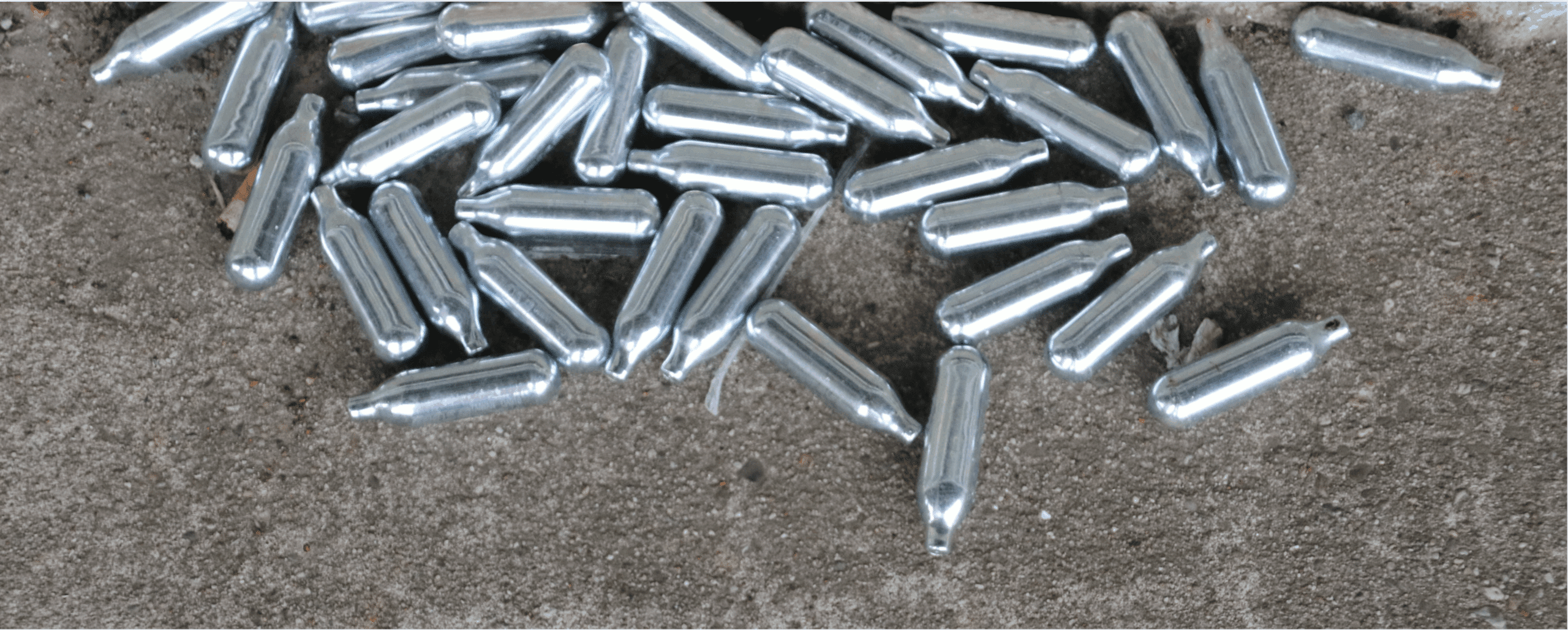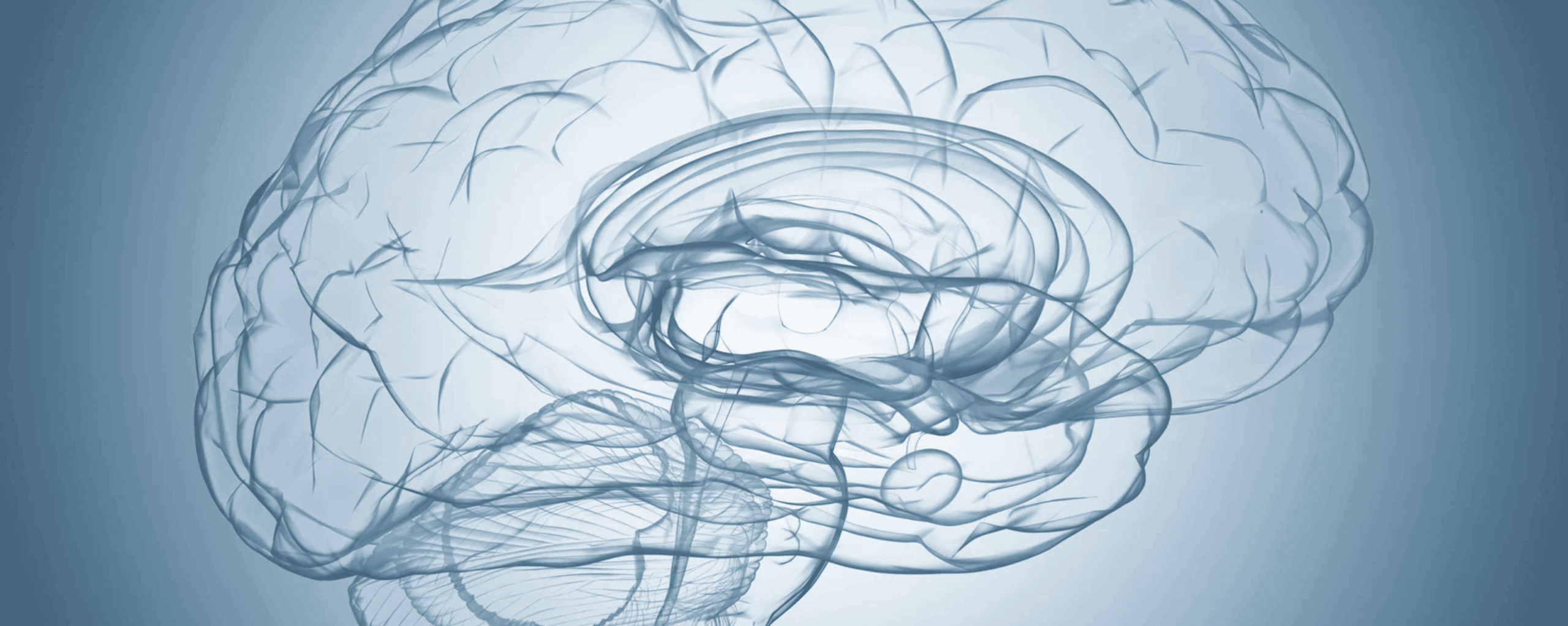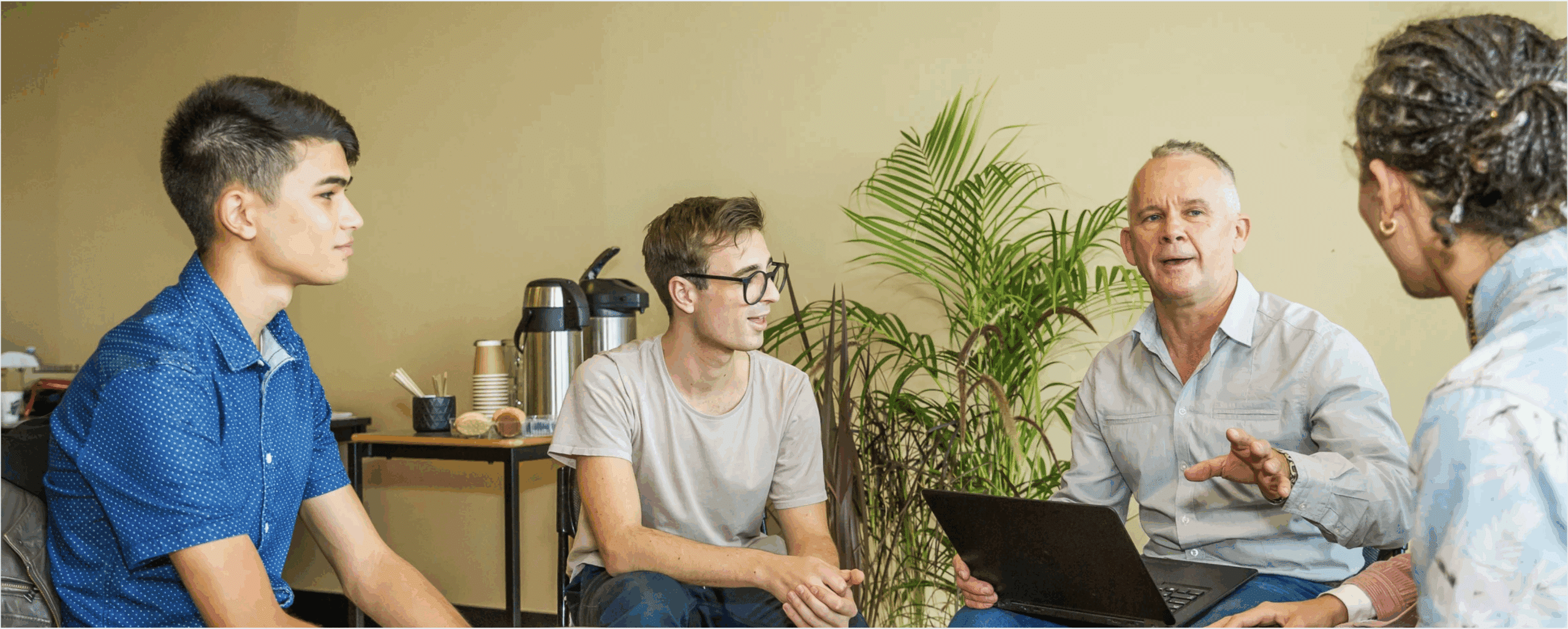Before talking about life after addiction, it’s important to understand some statistics. Addiction in the United States is still a growing problem, with reports showing nearly 50% of all Americans being affected and up to one in seven people directly struggling with substance abuse.
Addiction is an insidious disease that affects the addict and his or her entire family and community. The consequences of being addicted can severely damage the life, relationships, health, and abilities of an addict.
For approximately 11% of the addicted population that receives substance abuse help, the road to recovery is the journey of rebuilding a life, especially those parts that have been most severely damaged by addiction.
Today, public awareness has expanded to how addiction affects people of all ages, backgrounds, economic statuses, and religions.
No longer are the days that we may think of addiction as being an inner-city or an isolated rural problem. There is widespread public awareness that addiction has no borders and does not discriminate.
With the growing awareness of addiction, comes a more comprehensive approach to recovery and greater knowledge of what it takes to rebuild a life after addiction. The idea of rebuilding one’s life in recovery is much more than simply abstaining from future drug use. Addiction is a life-threatening illness, but recovery should be a time of thriving and gratitude in a commitment to a full and healthy life ahead.
If you have struggled with substance abuse and addiction, rebuilding your life in recovery involves your approach to:
- personal traumas and factors that contributed to your drug use
- relationships that either facilitated or were damaged by addiction
- routines and habits during your drug abuse and addiction
- coping and communication skills, especially during difficult times
- diet and exercise regimens
In all cases of drug abuse and addiction, the first step is detox, wherein drug use is stopped and the toxins from substances of abuse are expelled from the body. Depending on the drug of abuse and any medical complications, detox may require medical monitoring or assistance.
After detox, the hard work begins where an addict must face the underlying causes of addiction and how addiction has personally affected his or her life and relationships.
Personal Traumas and Other Contributors
Every person who struggles with addiction is a unique being with his or her own experiences, challenges, and goals. No one aims to become addicted, yet millions of Americans find themselves struggling with addiction and wondering how they ever got to such a dark place.
Everyone has personal struggles and traumas that may present challenges in life, some more severe or at a younger age than others.
It is common for people struggling with personal pain, mental health issues, PTSD, or any other life challenge to self-medicate in efforts to numb the effects of their undesirable feelings and experiences.
The problem with using drugs to feel better about one challenge in life is that drug abuse creates a myriad of other challenges.
Although it is a path less traveled in our society, counseling and psychotherapies are the safest and healthiest ways to address the traumas and challenges that often cause us pain.
During addiction treatment, whether inpatient or outpatient, recovering addicts begin the process of identifying and addressing their traumas and other sources of pain and unrest. Addressing your traumas involves:
- learning skills to help you address your symptoms
- learning how to cope with arising symptoms
- improving self-esteem and outlook on others and the world around you
- concurrently addressing other issues like substance abuse
These are all skills that you should practice during and after addiction treatment to rebuild your life while managing the symptoms of your past traumas, rather than trying to escape them. You and your therapist may determine that a medication like an antidepressant is necessary to help you deal with your trauma.
Understanding your trauma, how it affects you, and practicing healthy coping skills are all effective ways to rebuild your life after addiction.
Rebuilding Your Relationships
Additionally, relationships are turned upside down and the resulting strain can cause permanent damage. As addiction does not discriminate, it can destroy relationships between spouses, parents and children, friends, partners, associates, and siblings.
Contrarily, those caught in the vicious cycle of addiction can acquire some dubious new relationships that facilitate addictive and destructive behaviors.
When trying to rebuild your life after addiction, one of the most important things to consider is the people in your life. Recovering from addiction requires the help and support of healthy people who will:
- join you in sobriety
- support your needs in recovery
- hold you accountable for your recovery
- hold firm boundaries with you to assist your recovery
- engage in healthy and sober activities with you
While in the throes of addiction, relationships with the people who can support you in recovery are often the first to suffer, replaced by destructive relationships.
As you rebuild your life, you should consider each of your relationships. Recovery is delicate, especially in the early stages when one person’s negative influence could derail your progress.
It is important also to consider if and how your relationships have changed with some people. Everyone responds to an addicted loved one in their way, so your relationships may have morphed to include:
- animosity or resentment
- developing drug addiction that results from past drug abuse with you
- enabling co-dependency
- disassociation from you
It may take you some time to re-establish trust in some of your relationships, while you may have the difficult task of separating yourself from others who cannot be supportive to your recovery.
Relationships are complicated, and addiction treatment can be an invaluable resource to understand enabling and codependent relationships and how dangerous they can be to your recovery.
Whether or not you have pre-existing relationships that can be healthy support for you in recovery, you can find new relationships with the assistance of a rehab program or other addiction counseling. The relationships that support your recovery will allow you to attract healthy people into, or back into your life.
The essential part of recovery from addiction is to remember to take things one day at a time. The only thing that can happen in an instant is a relapse, so take your time and respect that others who have been hurt by your addiction may need time as well.
Change Your Routines
There is an old saying in addiction treatment;“You only need to change one thing, and that’s everything”.
Taken literally, changing everything is impossible. However, in terms of addiction, recovery, and relapse, it refers to your routines, from the most impactful to the most unremarkable.
Of course, very few people can pack up and move their physical residence after rehab, which is generally not recommended in most cases.
The “everything” that you must change in recovery refers to anything, and everything you did that was associated with drug abuse. There are some things that you cannot change, but if you think about how, when, where, and with whom drug abuse occurred throughout your days, ask yourself if you can make any changes:
- Did you buy your drug of abuse on your route to or from work? Can you change your route?
- Did you have a favorite chair or spot in the house where you liked to get high or drunk? Can you get rid of the chair, or put a piece of furniture or indoor plant in that spot?
- Was there a certain corner or convenience store that you frequented when you were high or drunk? Can you stop going there?
- Did you always wake up on a particular side of the bed before getting high in the morning? Try the other side of the bed in recovery.
- Avoid anyone with whom you used drugs or alcohol
- Did you work in an environment with easy access to drugs and alcohol? Can you find another job more conducive to your sobriety?
- Were you sedentary in your free time? Can you take a walk instead?

People, places, and things associated with your drug abuse and addiction can be a trigger for relapse. It is important to understand that addiction is not like a common cold. It doesn’t just go away, and recovery is a life-long journey. Everything you can do to stay in recovery will not only help you avoid a relapse, but it will also significantly improve the quality of your life. Any routine or habit associated with your addiction that you can change, you should change to support your recovery. Changes can even be the order in which you go through your morning hygiene routine, the route you take to work, and your sleeping schedule. Give yourself a fresh start to rebuild your life in as many ways as you can.
Coping and Communication Skills
Learning how to cope with challenges and better communicate are important skills taught in addiction treatment and counseling. These skills can help you in your recovery as you face challenges and work to rebuild and strengthen healthy relationships.
Life can be difficult sometimes, as we all endure loss and grief, illness, disappointments, and hardships. Many people do not naturally evolve in the ways they cope and communicate, but rehab provides the opportunity to do just that.
As addiction treatment provides, these are two key components of recovery that can lead to a more enlightened perspective of yourself and of the world around you.
Addiction paints a dark and gloomy picture of your world. Everyone is out to hurt you, and no one understands your pain and why you need to use.
Addiction also tends to generate a belief that everything is about you or against you, or taken from you. When you perceive events in life as deeply personal affronts, more drug abuse seems logical because you can’t win.
However, therapies like group counseling help you to understand that your problems are not as uniquely yours as you thought they were. Many people have similar struggles and thought patterns. Individually and in tandem with others, you learn how to use healthy coping skills to deal with challenges as what they are; a part of life and not an attack against you.
When you communicate with others, you will use your newly acquired skills to speak through empathy and a more worldly perspective that includes the beliefs, thoughts, and needs of your own and of others.
Once you are sober and have begun to learn and apply the skills to know that everything is not about you, you can more effectively:
communicate your needs while being considerate of others
- receive constructive criticism
- accept the things that you cannot change
- be grateful for everything you have (especially your life), rather than bitter about the things you do not
Rebuilding your life after addiction means that you are not doing things the same way you did during active addiction, and your actions are a direct result of your thoughts.
Your coping and communication methods begin with how you are thinking. If you think that you’re sober, and now everything (including your sobriety) should be given to you, you’re still thinking like an addict.
Diet and Exercise in Recovery
As addiction treatment will emphasize, diet and exercise are invaluable in recovery. The chances are that you weren’t in the best health while in the middle of addiction, but it probably felt amazing to have a wholesome and balanced meal once you got sober.
Drug abuse sends unnatural amounts of dopamine through your brain’s reward center, making normally pleasurable acts feel like nothing, but the natural release of dopamine when you exercise is the best way to begin to rebalance the delicate function of your brain’s systems.
It is no secret that addicts are not particularly healthy people, mainly because substances of abuse are prioritized over health efforts. Most addicts are not concerned with a balanced meal or getting some active time in every day.
However, a healthy diet and exercise are recommended for everyone, regardless of physical ability. In recovery, your diet should suit you, but it should be balanced and supplemented with natural aids, if necessary.
Exercise does not need to be a rigorous high-impact workout. Depending on your physical capabilities, your exercise routine may be a brisk walk; it may be pilates or yoga, maybe a few laps in a pool or a bike ride.
The type of exercise matters much less than the fact that you are staying active in some way. In fact, some studies show that improving one part of your life naturally triggers a desire to improve other parts of your life, for example, becoming more active triggers a desire for a healthier diet.
More beneficial side-effects to diet and exercise in recovery are:
- a diet routine and exercise regimen fit in nicely with all the changes in the routine you are implementing
- maintaining a healthy diet and an exercise routine helps to fill your day with productive activities, leaving you less time to be bored and allow addictive thoughts to creep back
- the more you engage these lifestyle elements, the more likely you are to more meet people with similarly healthy and active lifestyles
Rebuilding your life after addiction is not easy and it takes a real commitment with treatment and support. Keep in mind that most people have significant setbacks in life, through which they must find a way to endure.
Addiction is not personal, it does not discriminate, and there is nothing wrong with you for having suffered it.
The truth is that every person on earth has complexes and traumas, is imperfect, and should spend a lifetime being thankful for each day and constantly striving to grow and evolve. Addiction may have been the nudge you needed to do what you would otherwise never have done, and rebuild your life with the skills and enlightenment to ever evolve towards a more ideal existence.
vogue-staff
Latest posts by vogue-staff (see all)
- Mixing Adderall and Alcohol: What Can Happen? - December 22, 2022
- 15 Signs of a High-Functioning Alcoholic - November 24, 2022
 communicate your needs while being considerate of others
communicate your needs while being considerate of others












